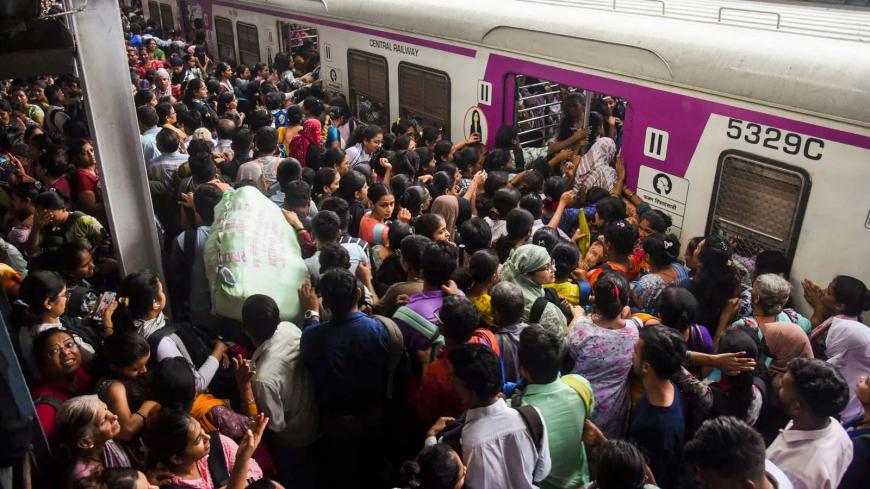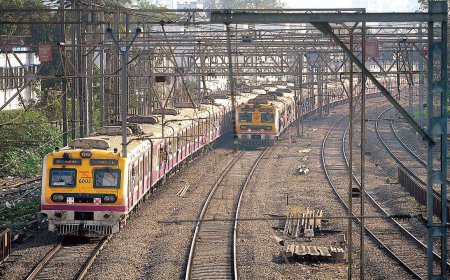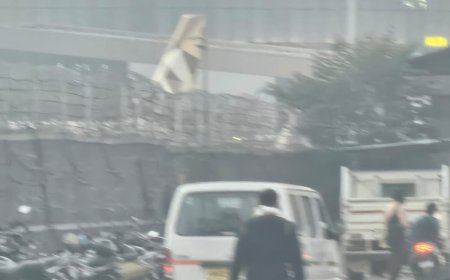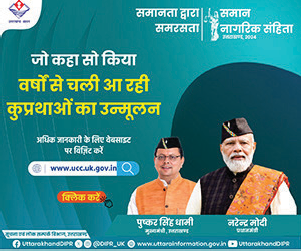Mumbai, July 10:In a strategic move to combat severe congestion on Mumbai's suburban train network, Central Railway (CR) has reached out to over 800 workplaces, urging them to implement staggered work timings. The proposal aims to decongest peak-hour traffic and enhance commuter safety and comfort, especially during the most crowded hours—8 to 10 AM and 5 to 7 PM.
Despite operating a staggering 1,810 local train services daily and serving more than 3.5 million passengers, CR struggles with overcrowding, particularly between Chhatrapati Shivaji Maharaj Terminus (CSMT) and Thane. The absence of synchronized work hours between government bodies, private firms, and institutions along this corridor contributes significantly to the problem.
According to CR, this misalignment has not only led to heavily packed trains, but has also contributed to a rising number of accidents. Between January 1 and May 31, 2025, there were 922 reported accidental deaths, including 210 fatalities from passengers falling off overcrowded trains. Kalyan, Thane, and Kurla stations emerged as the most affected by such incidents.
Recognizing the urgency, CR has formally sought support from the Maharashtra State Government to enable coordinated implementation of staggered schedules across various sectors. Officials emphasize that while long-term infrastructure solutions—like additional rail lines—are essential, they are constrained by spatial and urban planning limitations. Thus, modifying office hours is being seen as a practical, immediate solution to relieve pressure on the suburban rail network.
“This initiative is not just about comfort—it’s about saving lives,” a senior CR official said. “With support from institutions and the government, we can shift from chaotic rush hours to a safer, more efficient commuting experience.”
By introducing staggered shifts, CR hopes to flatten peak-time surges, making daily travel smoother and significantly reducing the risk of fatal accidents. If successful, this collaborative effort could set a precedent for urban commuter management in other congested metros across India.




 Previous
Article
Previous
Article











